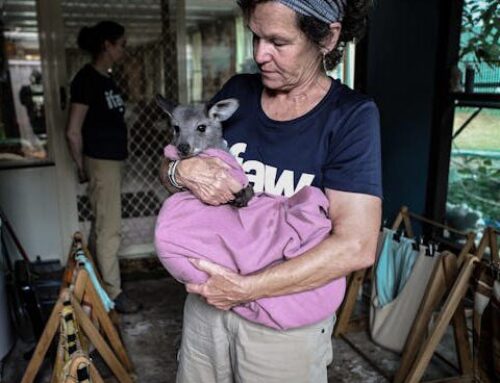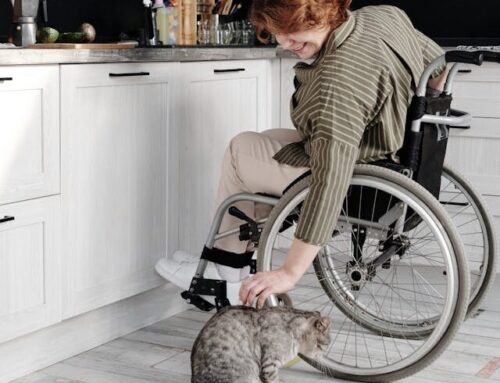Geriatric social workers change lives. Indeed, they are changing more and more senior lives given the steadily growing ranks of adults age 65 and older. Their skill in understand the needs of this diverse population of older Americans and their efforts in leveraging resources to help seniors and their families make it easy to see that geriatric social workers often serve as the unsung heroes of senior care.
As an organization, Amada Senior Care is incredibly grateful for geriatric social workers as they tirelessly spend their time, energy and lives caring for others. March being Social Work Month gives us the opportunity to salute social workers and sincerely thank them for their contributions they make to the senior care continuum. This year’s “Social Workers are Essential” campaign by the National Association of Social Workers (NASW) educates the public about the profession’s invaluable contributions.
Amada is a humble and proud partner to geriatric social workers, whose job is connecting older adults with resources that will help them achieve and maintain their best quality of life. We share the same goal of finding healthy aging solutions for seniors to improve their lives and thus our communities.
Understanding the Role of a Social Worker
in Senior Care
A geriatric social worker assists seniors by providing counseling and marshaling resources that will support them to live their later years to the fullest. Demand for these professionals is quickly rising as the over-65 population expands. This demographic is expected to hit 98 million by 2060, while the 85-plus population is projected to triple from 6.3 million in 2015 to 14.6 million in 2040.
Geriatric social workers collaborate with other health care professionals to help seniors make the best decisions on long-term care and support services. They provide guidance and advocacy to seniors, along with support to family caregivers. Geriatric social workers commonly serve at hospitals, assisted-living communities, nursing homes, hospice and home health agencies, senior centers, and similar settings. They coordinate with all the health care professionals involved in a senior client’s care.
What Does a Geriatric Social Worker Do to Help?
It’s nearly impossible to list all the invaluable services geriatric social workers provide. Their training covers a wide assortment of senior issues, from special health care needs to social and emotional problems to financial and housing issues, and much more. Here’s a short list of typical services:
- Develop both short-term and long-term goals and care plans after assessing a senior’s needs, situation and support system.
- Help seniors make decision during and adjust to major life changes such as a transition to a new home, the death of a spouse or other loved one, critical illness, death, divorce, unemployment, etc.
- Serve as an advocate and liaison for senior clients and their families.
- Help the senior transition to a higher level of care should the time come.
Social Workers are Essential
We at Amada encourage you to take time to learn more about the social work profession and support the efforts of geriatric social workers to improve the lives of older Americans. They work hard to make a difference in the day-to-day lives of millions of seniors and their families.
As your dedicated senior advisor and senior advocate, please don’t hesitate to reach out to us at Amada Senior Care if we can help put you in touch with a geriatric social worker or if you have any questions related to long-term care for yourself or a loved one. Call 866-752-1961 or email info@AmadaSeniorCare.com.



